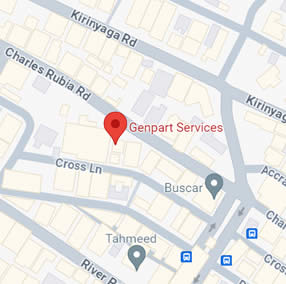Generator Alternators, Starters, and Fuel Pumps
Alternators in Diesel Generators
The alternator is a crucial component of a diesel generator, responsible for converting the mechanical energy produced by the engine into electrical energy. It operates on the principle of electromagnetic induction, where a rotating magnetic field (created by the rotor) induces an alternating current in the stator windings. The alternator consists of several key parts:
Rotor: The rotating part that generates a magnetic field.
Stator: The stationary part where electricity is induced.
Rectifier: Converts the generated alternating current (AC) into direct current (DC) if needed.
Voltage Regulator: Maintains stable output voltage by controlling the excitation current to the rotor.
This conversion process ensures a consistent and reliable power supply, with the alternator playing a vital role in voltage regulation and efficient power generation
Starters
The starter in a diesel generator is an electric motor that initiates the engine's operation by turning the engine's crankshaft until it reaches a speed sufficient for combustion to begin. Once the engine starts running under its own power, the starter disengages. Starters are typically powered by the generator’s battery and are designed to deliver high torque for a short duration to overcome the engine's initial resistance.
Fuel Pumps
Fuel pumps are essential components of the diesel generator's fuel system. They deliver diesel fuel from the fuel tank to the engine at the required pressure and flow rate. The fuel pump ensures a steady and clean supply of fuel, which is critical for efficient combustion and optimal engine performance. The fuel system also includes fuel filters to remove impurities before fuel reaches the engine, protecting the engine from damage and ensuring longevity6.
This overview highlights the fundamental roles of the alternator, starter, and fuel pump in diesel generators, emphasizing their importance in power generation, engine starting, and fuel delivery systems.
